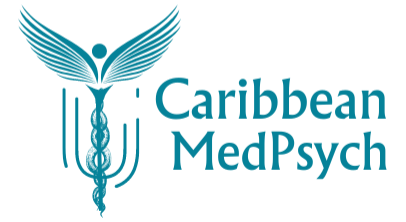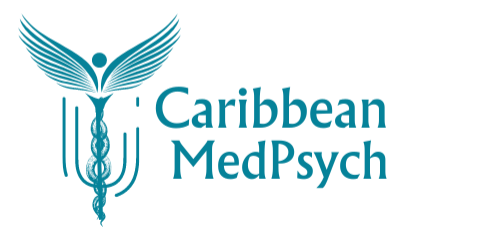A Guide to Understanding Learning Disabilities
Types, Signs, and the Importance of Early Intervention

Learning disabilities are common and can affect children in various ways, making it challenging for them to succeed in school and everyday activities. By understanding the main types of learning disabilities and recognizing the signs, parents and teachers can help children get the support they need early on. Early identification and intervention are crucial for improving outcomes and helping children thrive.
Types of Learning Disabilities
Dyslexia
What It Is: Dyslexia is a reading disorder that makes it difficult to read accurately and fluently.
Signs to Look Out For:
- Difficulty recognizing letters and learning letter sounds.
- Trouble reading common words and sounding out new words.
- Poor spelling and writing skills.
- Avoidance of reading activities
Dyscalculia
What It Is: Dyscalculia is a math-related learning disability that affects a person's ability to understand numbers and learn math facts.
Signs to Look Out For:
- Difficulty understanding and remembering math concepts.
- Trouble with basic arithmetic (addition, subtraction, multiplication, division).
- Problems with number sense (e.g., estimating quantities).
- Difficulty with math-related tasks like telling time or handling money.
Dysgraphia
What It Is: Dysgraphia affects writing abilities, making it hard to write legibly and organize thoughts on paper.
Signs to Look Out For:
- Poor handwriting that is hard to read.
- Trouble with spelling and grammar.
- Difficulty organizing ideas and writing coherent sentences or paragraphs.
- Avoidance of writing tasks.
Other Factors That Can Cause Learning Problems
While learning disabilities are a common cause of academic difficulties, other factors can also impact a child's ability to learn effectively. These include:
- Attention-Deficit/Hyperactivity Disorder (ADHD): Children with ADHD may struggle with focus, impulsivity, and hyperactivity, which can affect their learning.
- Emotional and Behavioral Disorders: Anxiety, depression, and other emotional issues can interfere with a child's ability to concentrate and perform well in school.
- Sensory Processing Issues: Problems with processing sensory information, such as auditory or visual processing disorders, can make it difficult for children to learn.
- Environmental Factors: Issues such as lack of sleep, poor nutrition, and unstable home environments can also contribute to learning difficulties.
Importance of Early Identification and Intervention
Identifying learning disabilities and other factors early is crucial for several reasons:
- Improved Academic Performance: Early intervention can help children catch up academically and/or develop skills to manage or help compensate for their learning challenges.
- Enhanced Self-Esteem: Children who receive support early on are less likely to struggle with low self-esteem and frustration related to their learning difficulties.
- Better Long-Term Outcomes: Early identification and intervention can lead to better educational and career opportunities in the future.
- Tailored Support: Understanding a child's specific learning disability or other contributing factors allows for personalized teaching strategies and accommodations that meet their unique needs.
What to Do If You Suspect a Learning Disability
If you notice signs of a learning disability or other learning problems in your child or student, it's essential to take action:
- Talk to a Professional: Consult with a healthcare provider, teacher, or school counselor to discuss your concerns.
- Request an Evaluation: A comprehensive evaluation by a neuropsychologist or educational specialist can provide a clear diagnosis and recommendations for support.
Early identification and intervention are key to helping children with learning disabilities succeed academically and socially.
If you suspect your child or student may have a learning disability or other learning problems, don't hesitate to seek professional help and support.
For more information and resources, feel free to book a consultation with us.
Our Recent Posts
Book a Consultation
Contact Us
We will get back to you as soon as possible
Please try again later
All Rights Reserved | Caribbean MedPsych | Privacy Policy



